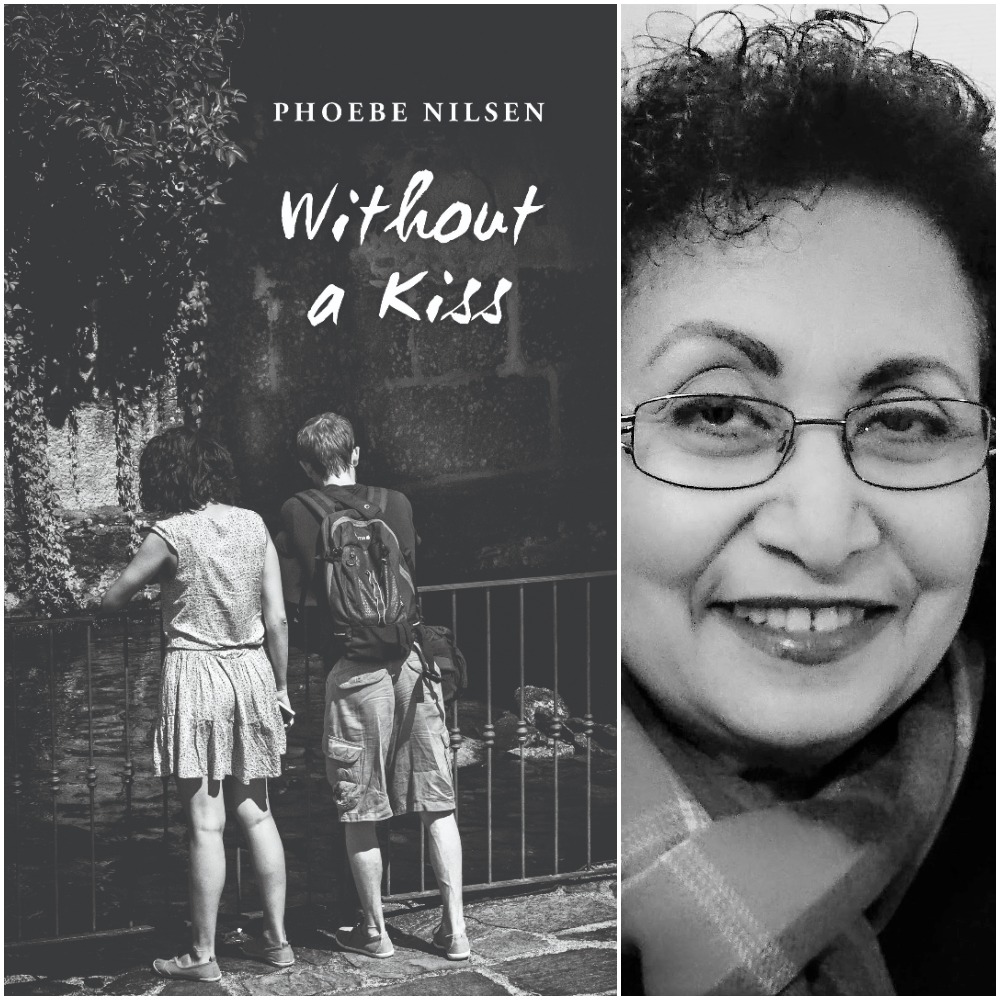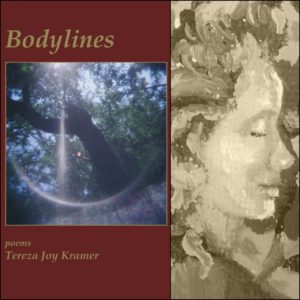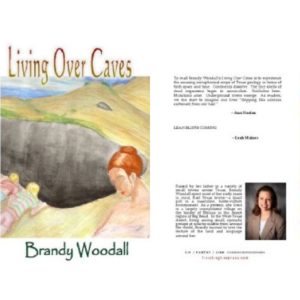Description
Without a Kiss
by Phoebe Nilsen
$13.99, paper
978-1-63534-648-0
2018
Phoebe Nilsen (née Watson) is an Egyptian Canadian immigrant who is married to a Norwegian and has lived in Norway since 1984. Her family moved from Egypt to Canada the summer she turned fifteen. The move from a traditional and very conservative Egyptian environment to the unaccustomed freedom of the West and a world of flirting and dating, had a marked impact on her life. The conflicts and difficulties encountered in learning to relate to this new world, particularly in the realm of male-female interaction, became the driving force behind many of her poems.
Phoebe completed her MA in English at Andrews University, Michigan, in 1970. Subsequently, she taught high school and college in many places, including Iowa,Washington, Michigan, Canada, Norway, and very briefly in China. She spent the last twenty-one years of her career teaching ESL methodology and English literature to Norwegian teacher trainees and holding numerous in-service courses for Norwegian English teachers. When she retired in 2012, she was associate professor at Nord-Trøndelag University College (now Nord-University).






Nancy Dafoe –
“Only by Your Silence”
A review of Phoebe Nilsen’s Without a Kiss
by Nancy Avery Dafoe
Phoebe Nilsen’s Without a Kiss is a sublimely cohesive chapbook of poetry on what is missing: whether is it that kiss, “three little words,” or the uncaptured moment.
Trains, as both motif and symbol, rumble over rails throughout this exquisite book of loss, missed opportunities, and longing, like the low, sad whistle of a steam engine. Nilsen’s lines embody that wistful yearning in lines, “recover the life that seemed exhaled” from “The Train” and “the distant percussion of a train/against your falling serenade” from Nilsen’s poem “Divided.” In the fleeting moment of a train’s passing, there is what might have been, as Nilsen writes, “had you seen your reflection in my eyes” from her poem “Heritage Canyons.”
Without a Kiss offers a chapbook-length conceit on the train as missed destination, evidenced by regret, a most difficult technical feat, fully realized. There is much that is buried in Nilsen’s language, as well as thematic concerns: that which is found and closed off again, as expressed in the lines “Will future generations unearth your golden casket/when they come digging for the silent past in me?” from her poem “Buried.”
Withholding gifts, love, and connections resonates throughout this beautiful collection, and nowhere more openly than in “Boboli Gardens,” in which the poet’s persona asks, “What monstrous law or fear/ prevented us?”
One thing is certain, Nilsen lets nothing prevent her or hold her back from gorgeously articulating those lost moments: “could not capture the moment” … “sealing a stone that could never be rolled away,” as in her lines from “Easter in Florence.”
“Love’s Cathedral,” Nilsen finds, is “marred only by your silence.”
Judy Swann –
In Phoebe Nilsen’s Without a Kiss, loss wields acceptance as a tool to unravel female desire. The primary narrator in these poems is an older Egyptian woman who assesses an unconsummated love from her girlhood. The retrospective is framed in an exquisitely Italian setting: Venice, Florence, Pisa, with its trains and gondolas, its archaeology and tourism. Amore. The young girl may be reserved, pure, and unexperienced on the outside:
Where I grew up girls waited
were taught, expected to wait,
queens, Nefertitis awaiting excavation.
(“Buried”)
but on the inside she is damp with desire, like the Colorado River watershed:
yet as far from easing
thirst on its banks
as your lips from quenching mine
(“Heritage Canyons”)
From her point ahead in time, the narrator reunites the thwarted lovers:
Silver now,
they salmon to love’s birthplace
(“Reunion Bridge”)
But after meditating on repression, desire, and betrayal she has stopped needing him:
Our conversations would surprise you
if you could participate.
(“Smiles”)
Nilsen’s poems raise issues of the female self and its conquest, gender privilege and the power of memory, agency and responsiveness. She builds them as if from film stills, refracting detail, and dialog. She addresses the receding beloved:
But you remain in the casket within, and there
it still feels like waiting. There
you are always seventeen, King Tut.
(“Buried”)
In deft lines, she unveils the neophyte’s ready desire and virginal incomprehension. She emphasizes the distance between the young girl’s consciousness of the body and the body itself by making the eyebrows a stand-in for some kind of handmaid or valet in thrall to the soul-baring eyes.
Reaching up, you
removed my glasses and
seeing me naked then
for the first time
praised the arch of my brows
(“Destinations”)
A scream wants out.
What was wrong with us?
(“Boboli Gardens”)
These poems will resonate with everyone who lives an examined life and who has ever wished their younger self to have chosen better. Without being “Christian” – indeed the narrator writes about her atheism – these poems, grounded as they are in the trappings of Catholic Italy, are like a Stations of the Cross for lost love. By turns wrenching and soothing, they walk us down that via amorosa until, finally, the crypt is closed
Only cool darkness remains.
(“Curtain Fall”)